A pea-sized device used to seal tiny but potentially deadly holes in the hearts of premature infants has been approved by U.S. regulators, making it one of the smallest complex medical devices ever invented and cleared for sale.
Abbott Laboratories’ Amplatzer Piccolo Occluder is one of the first treatments to become available for a common congenital defect that can become dangerous for premature infants. The device can be used in babies weighing as little as two pounds in cases where a hole in the heart used to deliver oxygen-rich blood in the womb doesn’t close after birth.
The Piccolo is threaded into the heart using a catheter that runs through the femoral vein in the thigh. That avoids a taxing surgery for the undersized patients, who are often on ventilators, said Evan Zahn, director of the congenital heart program at Cedars-Sinai Smidt Heart Institute in Los Angeles.
“We’ve never had anything like this, a device from a major medical manufacturer that was specifically designed with these tiny, really at risk, very fragile babies in mind,” said Zahn, the lead investigator of the study that led to the device’s approval by the U.S. Food and Drug Administration Monday. “We’re talking about babies the size of the typical water bottle we all drink out of. They are incredibly frail, fragile and at risk for terrible morbidity and mortality.”
The Piccolo is not expected to be a major sales driver for the Abbott Park, Illinois-based company. Instead, it represents a significant technological advance as medical-device manufacturers work to make their products ever smaller and easier to place in the body without taxing surgeries.
Everyone is born with a small hole in their heart, a condition called patent ductus arteriosus. In the womb, the hole allows a fetus’s blood to bypass the lungs and get oxygenated blood directly from the mother.
Usually, the hole closes a few days after delivery. In some premature newborns, however, it never does, making breathing difficult and leading to a host of potential complications. They include developmental delays, damage to the brain and bowel because they aren’t receiving the blood they need and injuries to the lungs that are flooded with fluid.
For years doctors performed open-heart surgery to close the hole, a procedure now thought to do more harm than good to the smallest patients, Zahn said. Other treatments include medicine to ease the symptoms and encourage closure, though in most cases doctors, patients and families simply wait and hope the hole eventually seals.
“We know it’s there and we know it’s bad, but we have to bite the bullet and hope the kids pull through,” Zahn said of existing medical practice.
The company hasn’t yet announced a price for the Piccolo.
News This Week
Breakthrough in Antimicrobial Technology with Cinnamon-Based Nanokiller
The need for innovative antimicrobial agents has become increasingly urgent due to the rise of antibiotic-resistant pathogens and the persistent threat of infections acquired during hospital stays. Traditional antibiotics and antiseptics are often ineffective [...]
The Silent Battle Within: How Your Organs Choose Between Mom and Dad’s Genes
Research reveals that selective expression of maternal or paternal X chromosomes varies by organ, driven by cellular competition. A new study published today (July 26) in Nature Genetics by the Lymphoid Development Group at the MRC [...]
Study identifies genes increasing risk of severe COVID-19
Whether or not a person becomes seriously ill with COVID-19 depends, among other things, on genetic factors. With this in mind, researchers from the University Hospital Bonn (UKB) and the University of Bonn, in [...]
Small regions of the brain can take micro-naps while the rest of the brain is awake and vice versa
Sleep and wake: They're totally distinct states of being that define the boundaries of our daily lives. For years, scientists have measured the difference between these instinctual brain processes by observing brain waves, with [...]
Redefining Consciousness: Small Regions of the Brain Can Take Micro-Naps While the Rest of the Brain Is Awake
The study broadly reveals how fast brain waves, previously overlooked, establish fundamental patterns of sleep and wakefulness. Scientists have developed a new method to analyze sleep and wake states by detecting ultra-fast neuronal activity [...]
AI Reveals Health Secrets Through Facial Temperature Mapping
Researchers have found that different facial temperatures correlate with chronic illnesses like diabetes and high blood pressure, and these can be detected using AI with thermal cameras. They highlight the potential of this technology [...]
Breakthrough in aging research: Blocking IL-11 extends lifespan and improves health in mice
In a recent study published in the journal Nature, a team of researchers used murine models and various pharmacological and genetic approaches to examine whether pro-inflammatory signaling involving interleukin (IL)-11, which activates signaling molecules such [...]
Promise for a universal influenza vaccine: Scientists validate theory using 1918 flu virus
New research led by Oregon Health & Science University reveals a promising approach to developing a universal influenza vaccine—a so-called "one and done" vaccine that confers lifetime immunity against an evolving virus. The study, [...]
New Projects Aim To Pioneer the Future of Neuroscience
One study will investigate the alterations in brain activity at the cellular level caused by psilocybin, the psychoactive substance found in “magic mushrooms.” How do neurons respond to the effects of magic mushrooms? What [...]
Decoding the Decline: Scientific Insights Into Long COVID’s Retreat
Research indicates a significant reduction in long COVID risk, largely due to vaccination and the virus’s evolution. The study analyzes data from over 441,000 veterans, showing lower rates of long COVID among vaccinated individuals compared [...]
Silicon Transformed: A Breakthrough in Laser Nanofabrication
A new method enables precise nanofabrication inside silicon using spatial light modulation and laser pulses, creating advanced nanostructures for potential use in electronics and photonics. Silicon, the cornerstone of modern electronics, photovoltaics, and photonics, [...]
Caught in the actinium: New research could help design better cancer treatments
The element actinium was first discovered at the turn of the 20th century, but even now, nearly 125 years later, researchers still don't have a good grasp on the metal's chemistry. That's because actinium [...]
Innovative Light-Controlled Drugs Could Revolutionize Neuropathic Pain Treatment
A team of researchers from the Institute for Bioengineering of Catalonia (IBEC) has developed light-activated derivatives of the anti-epileptic drug carbamazepine to treat neuropathic pain. Light can be harnessed to target drugs to specific [...]
Green Gold: Turning E-Waste Into a Treasure Trove of Rare Earth Metals
Scientists are developing a process inspired by nature that efficiently recovers europium from old fluorescent lamps. The approach could lead to the long-awaited recycling of rare earth metals. A small molecule that naturally serves [...]
Cambridge Study: AI Chatbots Have an “Empathy Gap,” and It Could Be Dangerous
A new study suggests a framework for “Child Safe AI” in response to recent incidents showing that many children perceive chatbots as quasi-human and reliable. A study has indicated that AI chatbots often exhibit [...]
Nanoparticle-based delivery system could offer treatment for diabetics with rare insulin allergy
Up to 3% of people with diabetes have an allergic reaction to insulin. A team at Forschungszentrum Jülich has now studied a method that could be used to deliver the active substance into the [...]
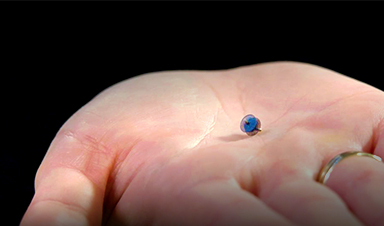
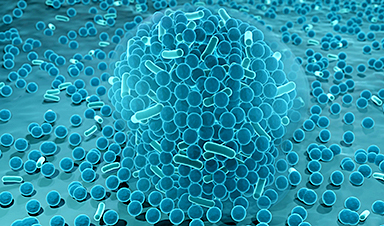


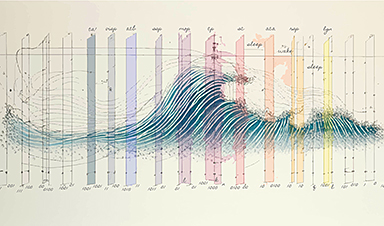
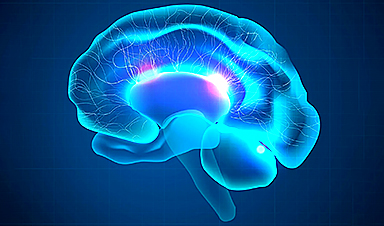


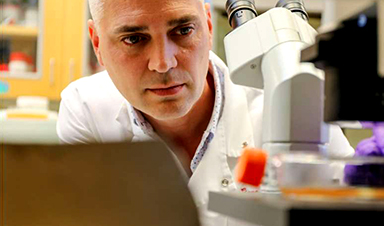
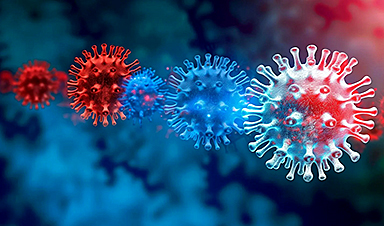
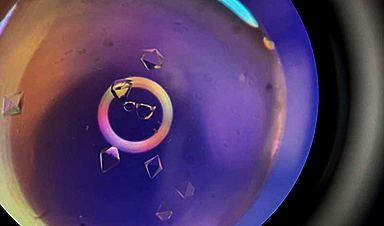
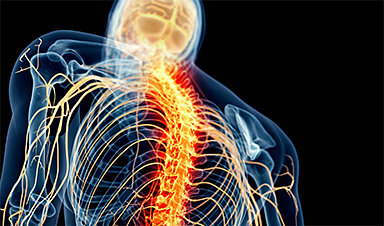
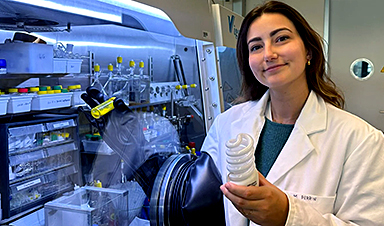

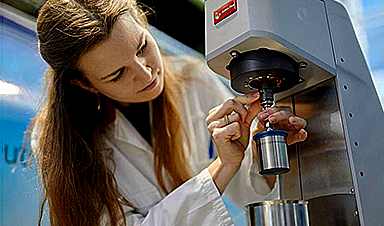






Leave A Comment